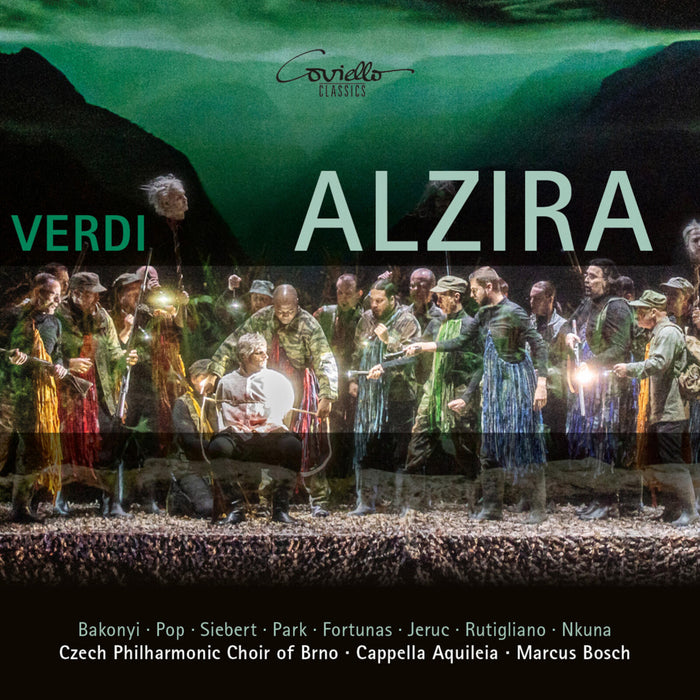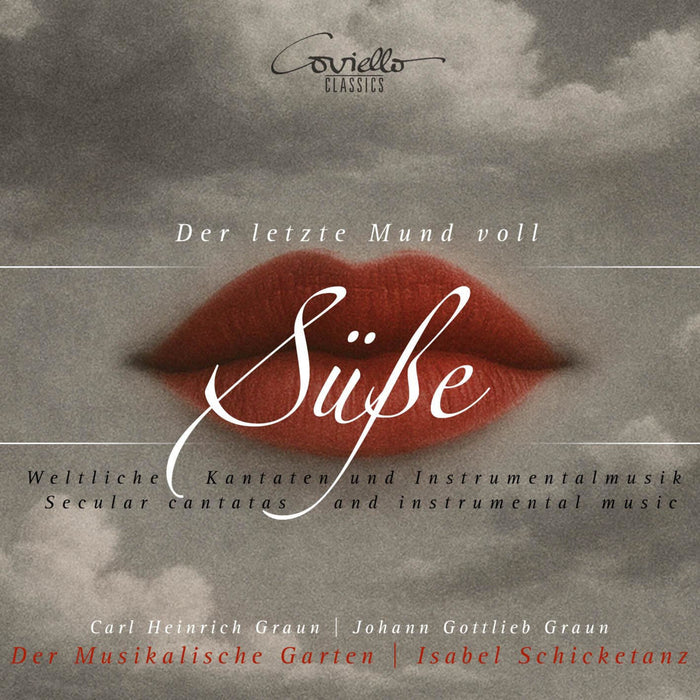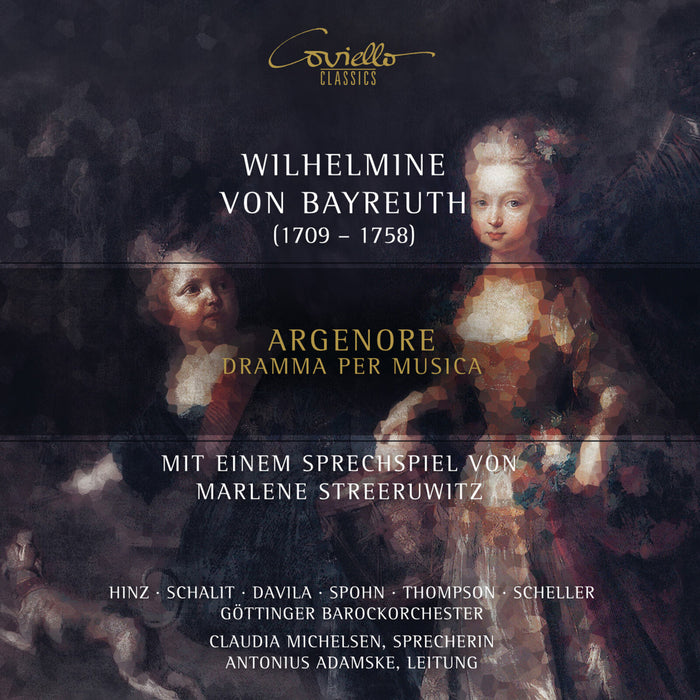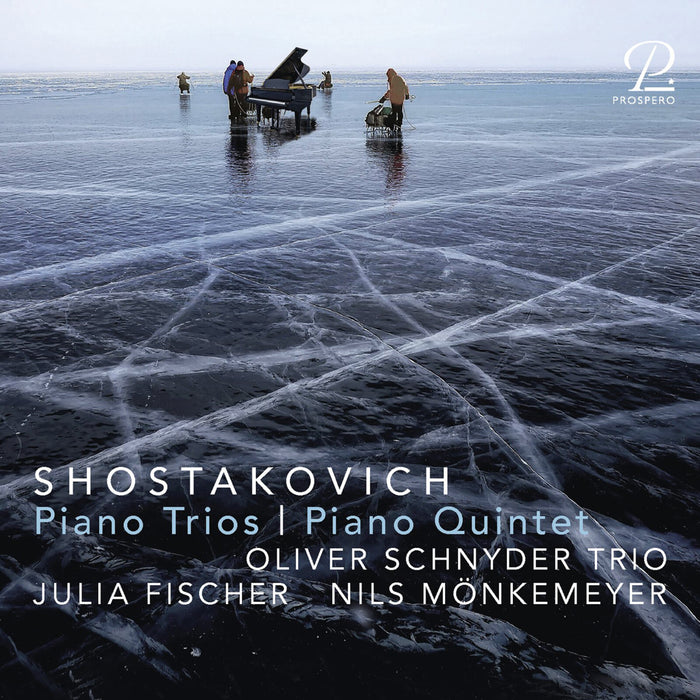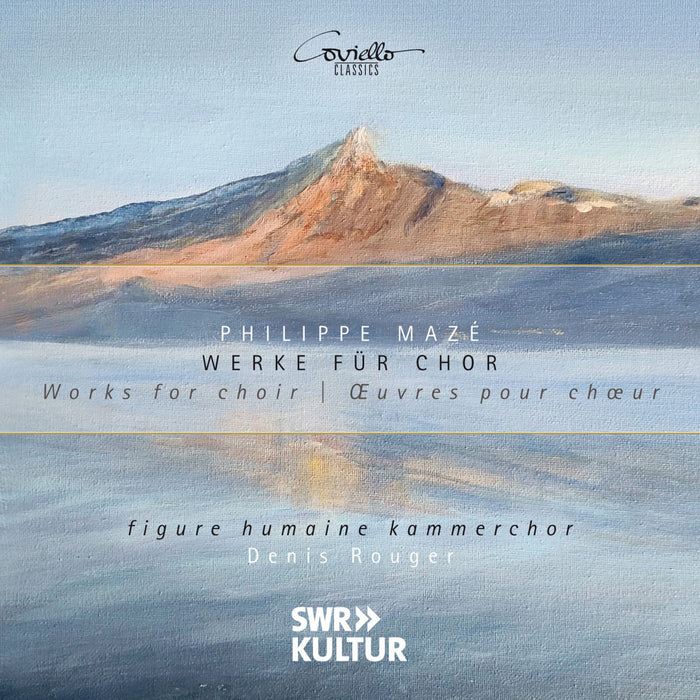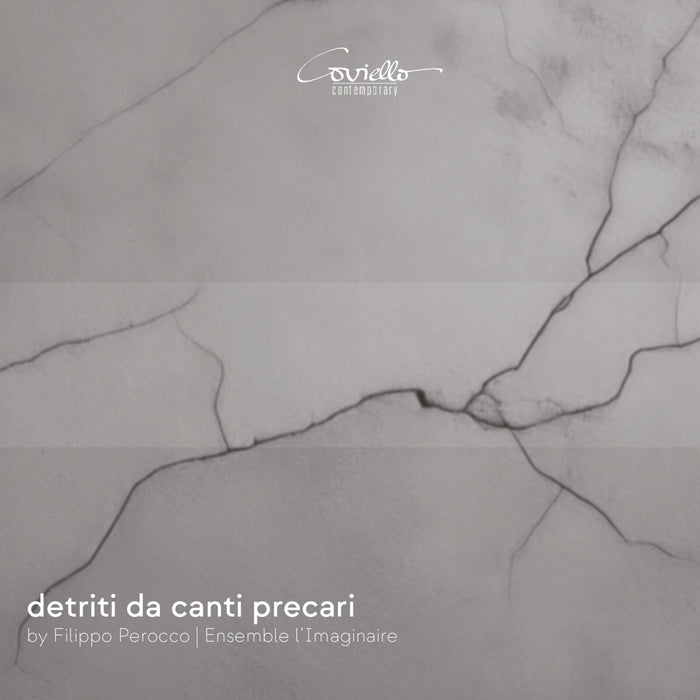Description
Bach's four-part chorale movements were "a musical experience of the first order," said Mauricio Kagel - who would want to contradict him?
Of course, something entirely new emerges from Kagel's examination of them - his choral book reinterprets the principle that Kagel recognized in the chorales and described somewhat succinctly:
"Above, the peaceful congregation sings; below, it seethes."
The complexity of the sound result can be guessed from his inspiration:
"I heard in me a music that oscillated between Gesualdo and Max Reger."
With Karlheinz Stockhausen, Chorwerk Ruhr confronts Kagel with an antipode: at the same place of activity, Cologne, he wrote Carré.
As the name suggests, the arrangement of four orchestras, conducted by four conductors, plays the decisive role here, each supplemented by a choral group.
The extremely precise timing of the four conductors' assignments results in a "very complex network of gears," according to Florian Helgath. Listening to it, one can only say: challenge passed.
"Recordings are rare because performances are notoriously hard to organise, but the Chorwerk Ruhr singers and their respective instrumental groups are utterly committed to the music and fearless in their interpretation of it. A historic documentation of a major work." – Choir & Organ
"Florian Helgath works with the Chorwerk Ruhr, the Bochumer Symphoniker and three other conductors to precisely bring out the peculiarities of the works and even brings silence and effect to peaceful coexistence in Stockhausen." – Schallplattenkritik Quartely Critic's Choice


